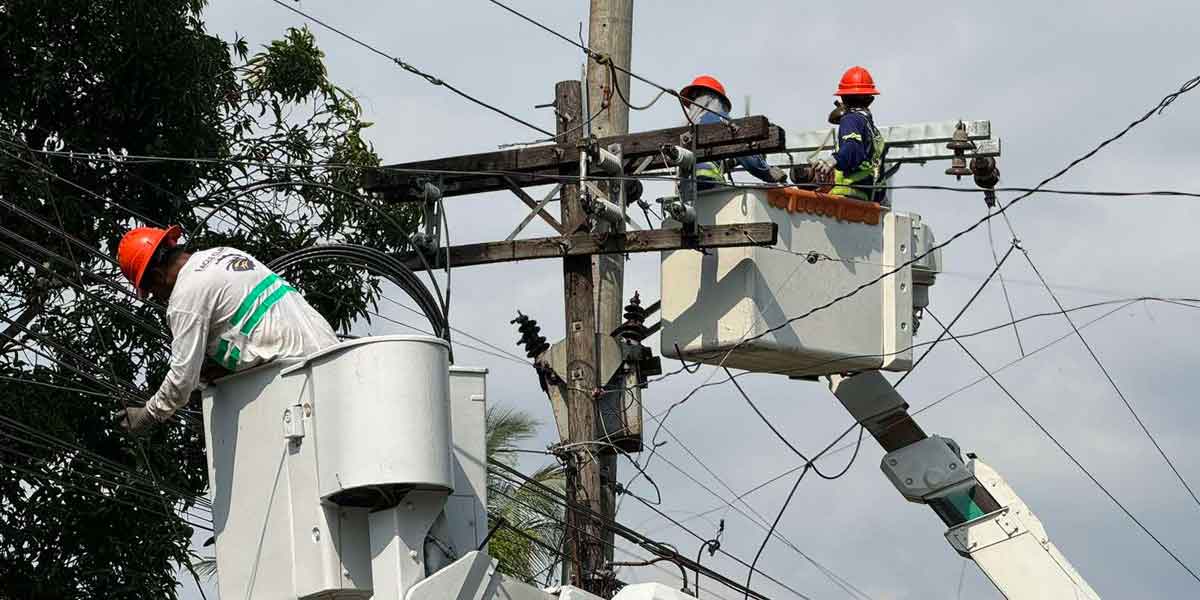 By Joshua Corcuera
By Joshua Corcuera
In where I study, the second semester of the school year is about to end as we take our final examinations. It’s a challenging and exhausting academic year, obviously, given the fact that classes were held in an online set-up. I was hoping that limited face-to-face classes would become a reality next semester; hoping that I could learn more things and retain such lessons easily — something that is just hard to do with our current set-up, at least from a personal point of view.
As I review my accounting books and a pile of business law cases for the finals, I decided to take a short break and saw a report by a media outlet — “there is no going back”, the headline said, “CHED says flexible learning is here to stay.” Other publications covered similar stories and, as I read the article, it seems that traditional face-to-face classes may no longer be applicable at the university level. It implies that our current setup of learning would become the norm. This is because the Commission on Higher Education (CHED) adopted a policy of flexible learning for the years to come, the article wrote.
An argument for such stand is that face-to-face classes would risk the health of students and educators, as COVID-19 continues to affect our country while most neighboring countries gradually return to normal. However, we should not forget that their mental health is equally at risk under our current set-up of holding classes. Lest we forget that last year, some students reportedly committed suicide due to the extreme challenges they faced in their education. Specifically, a news report last June 2020 reported that an incoming ninth-grade student in Albay took his own life due to the financial burden imposed by online learning on his family. Haven’t we learned from this tragic event?
Another argument presented by those pushing for flexible learning instead of face-to-face classes has something to do with the rise of digital technology. For instance, thanks to the internet, we can access more educational materials and we would not solely rely on thick textbooks. This is theoretically sound but, practically speaking, it appears that the contrary is true. Many people in the countryside want to be connected by the internet as it becomes more of a need and less of a want. For students residing in such areas, it could mean that they would be able to cope up with online classes. Not to forget, the internet offers several opportunities for people — students and workers alike — to have easier and more convenient lives. However, we have to acknowledge and admit that, even if people in rural areas want to be digitally connected, it just could not be done for various reasons ranging from poverty to lack of internet providers.
Finally, even if almost all Filipino students are capable of attending online classes under our current educational set-up, would flexible learning be the most effective way of learning? In other words, is the current set-up, even if all students had a stable internet connection, better than how we studied before the pandemic? I doubt that all students, at least at the university level, would answer in the affirmative. Take this as a specific example: medicine or chemistry students might find face-to-face classes far better than our current set-up under the pandemic. This is because they have subjects that require laboratory units — subjects that cannot be fully appreciated in the ordinary home. Personally, as an accountancy student, face-to-face classes would still be better because it allows us to clarify several concepts without consuming too much time. Another worry with online classes is that some lessons in all degree programs would not be taught or fully covered due to a lack of time. This would be worrisome especially for students who are taking a degree with a licensure examination, such as accountancy.
With this in mind, we can see that we need to go back to our schools as soon as possible. There is, and there had always been, an urgent need to ensure the safe resumption of face-to-face classes as soon as possible — ideally next semester. Back when the pandemic started, many thought that online classes would only last for a few months. This wasn’t the case and I hope that we could return to how we studied and learned in the past. More importantly, this dilemma we are currently facing highlights the urgent need to resolve the public health crisis now — ideally by further intensifying our vaccination program.
Hopefully, students would be given the chance to decide whether or not to go back to our classrooms next semester, at least college students who would take licensure examinations in the future.




















